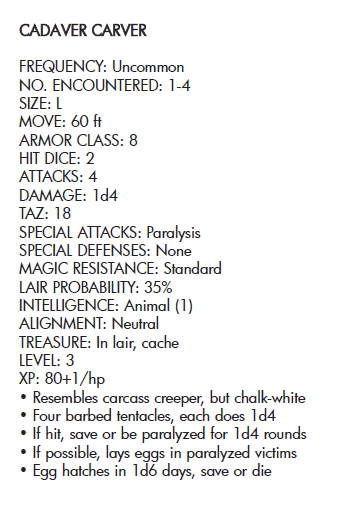Pages
Wednesday, December 30, 2020
2020 retrospective (blogging, publishing and gaming)
Wednesday, December 23, 2020
Chaos Factory EVERYTHING - Christmas sale!
---
I'm dropping by to wish you all a very Merry Christmas and Happy Holidays! A great 2021 to all!
This is our second e-mail - ever! As we promised, our emails will be rare - no more than once a trimester. If you want to hear from us more often, follow Chaos Factory Books on Facebook!
In addition, we are making a holiday sale: the bundle with all RPGs we ever wrote has now 55% discount on top of individual discounts.
That's 12 PDFs for $14.99.
Here is our entire "Christmas tree"; click the link below to get to the sale and see what each PDF is about!
As always, if you already have something on the list, the price is even lower. We will keep this price until the beginning of 2021.
---
Merry Christmas and Happy holidays to all!
I'm not sure this is my last post on 2020 in this blog, so I'm wishing you a great 2021 in advance!
Sunday, December 20, 2020
Bows are nearly useless (unless you're an expert)
Friday, December 04, 2020
"Common law" versus "Civil law" in game design
Civil law systems have their origin in the Roman legal tradition. Civil systems vary widely, both in procedure and substantive law, so conducting research on a particular nation's civil law system should include looking at that nation's specific system of law, but they do have some trademark characteristics. Nations with civil law systems have comprehensive, frequently updated legal codes. Most importantly, case law is a secondary source in these jurisdictions. France and Germany are two examples of countries with a civil law system.
Common law systems, while they often have statutes, rely more on precedent, judicial decisions that have already been made. Common law systems are adversarial, rather than investigatory, with the judge moderating between two opposing parties. The legal system in the United States is a common law system (with the exception of Louisiana, which has a mix of civil and common law).
The idea of civil law is basically "think of how the law should apply in abstract, pass a law and then enforce it". In game design, this would be thinking of a cool feat, comparing it to existing feats, and adding it to your game before play-testing it.
Common law would be the opposite approach: play the game until you reach an impasse. Resolve the impasse. If the problem arises again, you already have an answer, which might be enough or might be superseded.
There is also this:
Customary law systems are based on patterns of behavior (or customs) that have come to be accepted as legal requirements or rules of conduct within a particular country. The laws of customary legal systems [...] are often dispensed by elders, passed down through generations. [...] Oftentimes, customary law practices can be found in mixed legal system jurisdictions, where they've combined with civil or common law.
In RPG-land, these are the rules we used because they were always like this. Falling damage ("d6 per 10 feet") is a good example. It is not particularly realistic or deliberate, and it's basically unchanged from OD&D to 5th edition because nobody cared to change it.






